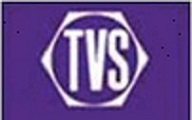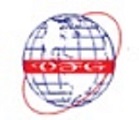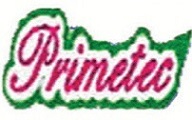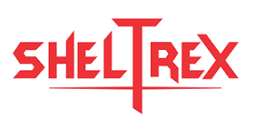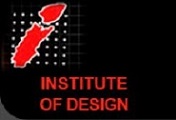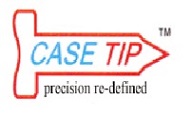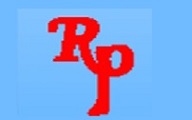Objectives
* Create awareness in Business owners about the advantages of Software / ERP and help them to reap the benefits of computerization.
* Strive to provide meaningful & customized software solution at an affordable price that can result in wealth creation for the company.
Team Five Brains
At Five Brains, we will continuously strive to exceed the expectations of our customers by providing defect-free products, services and solutions on time and within budget. We shall also nurture and grow our employee talent and leadership skills by providing an environment where trust, fairness and integrity flouriss..... R C Rajendran, CEO
Our Core Values
We value ourselves and other stakeholders as unique personalities capable of physical, moral, intellectual and spiritual growth and development. We value harmonious relationships as fundamental to the achievement of objectives & to serve for the betterment of the community. We value and care our Employees and their families, Society and Environment as they are the sources of love and support for our meaningful life.

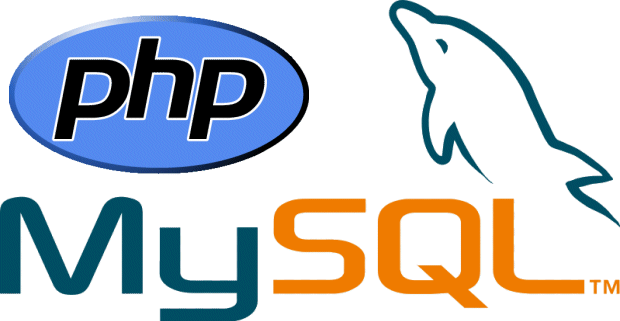


Our Profile
- Established in 2006, Five Brains ERP Solutions (Formerly JRT Software) is committed to provide Innovative & Quality IT Solutions with High Performance and Design efficiency.
- Our strategy is to ALIGN ourselves with client requirement. Passion towards understanding customer requirement and applying innovative methods to develop, implement and support is our area of strength.
- We are TEAM player with strong reputation in ERP for excellence.
- Our team comprise in-house IT Engineers and senior expert IT consultants in various domain/technologies has many decades of experience in IT industry.
- Our Technology Expertise across a wide range of Competencies gives us an Edge to provide customized solutions on time & within budget.
- Promoter (R C Rajendran) with over FOUR decades experience in Software Industry and has successful track record of delivering quality software projects of various domain, complexities & size on time.
Focus Areas
Software Development Methodologies followed

The waterfall model is a sequential (non-iterative) design process, used in software development processes, in which progress is seen as flowing steadily downwards (like a waterfall) through the phases of conception, initiation, analysis, design, construction, testing, production/implementation and maintenance.
The waterfall development model originates in the manufacturing and construction industries: highly structured physical environments in which after-the-fact changes are prohibitively costly, if not impossible. Because no formal software development methodologies existed at the time, this hardware-oriented model was simply adapted for software development.

Scrum is a simple set of roles, responsibilities, and meetings that never change. By removing unnecessary unpredictability, we're better able to cope with the necessary unpredictability of continuous discovery and learning.
Scrum has three roles: Product Owner, Scrum Master, and Team.
- Product Owner: The Product Owner should be a person with vision, authority, and availability. The Product Owner is responsible for continuously communicating the vision and priorities to the development team. It's sometimes hard for Product Owners to strike the right balance of involvement. Because Scrum values self-organization among teams, a Product Owner must fight the urge to micro-manage. At the same time, Product Owners must be available to answer questions from the team.
- Scrum Master: The Scrum Master acts as a facilitator for the Product Owner and the team. The Scrum Master does not manage the team. The Scrum Master works to remove any impediments that are obstructing the team from achieving its sprint goals. This helps the team remain creative and productive while making sure its successes are visible to the Product Owner. The Scrum Master also works to advise the Product Owner about how to maximize ROI for the team.
- Team: According to Scrum's founder, "the team is utterly self managing". The development team is responsible for self organizing to complete work. A Scrum development team contains about seven fully dedicated members (officially 3-9), ideally in one team room protected from outside distractions. For software projects, a typical team includes a mix of software engineers, architects, programmers, analysts, QA experts, testers, and UI designers. Each sprint, the team is responsible for determining how it will accomplish the work to be completed. The team has autonomy and responsibility to meet the goals of the sprint.





